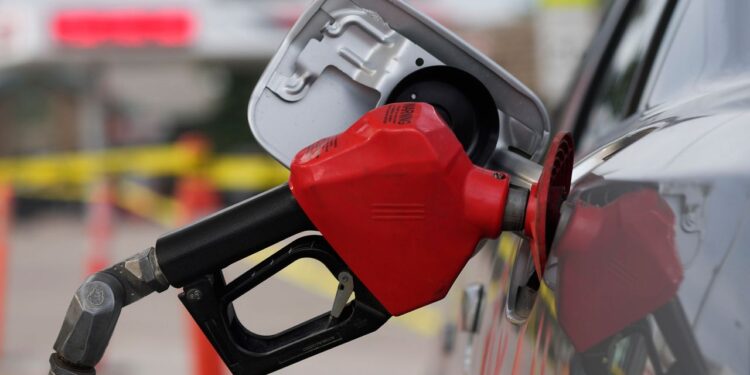The Nigerian National Petroleum Company Limited (NNPCL) has recently taken a surprising and concerning step by announcing a significant increase in the pump price of petroleum. Citizens across the nation have been taken aback as fuel prices skyrocket from N537 to N617 per litre. The unexpected move comes at a time when many Nigerians are already grappling with economic hardship due to the ongoing pandemic and its adverse effects on their livelihoods.
Backstory
At his inauguration on 29 May, Mr Tinubu, 71, announced the total removal of “fuel subsidy,” saying the scheme has “increasingly favoured the rich more than the poor.” He added that the subsidy could no longer justify its ever-increasing costs in the wake of drying resources.
“We shall instead re-channel the funds into better investment in public infrastructure, education, health care and jobs that will materially improve the lives of millions,” Mr Tinubu said.
Barely two days after the announcement, the state oil company, NNPC Limited, reviewed the pump price of petrol from N189 per litre to between N480 and N570 per litre a more than 200 per cent increase.
Implication on the Economic
The impact of this sudden price hike is expected to ripple through various aspects of daily life, causing disruptions to businesses, transportation costs, and overall living expenses for citizens. As the nation faces numerous challenges, the steep increase in fuel prices adds to the burden borne by the populace.
Reports from Yabaleft online news platform indicate that NNPC made this decision without prior warning or a clear announcement explaining the reasons behind such a drastic measure. Speculations abound regarding potential causes, with some suggesting rising international oil costs or other factors related to Nigeria’s economy. However, no official statement has been released yet to confirm these theories.
Many Nigerians are now left wondering how long these elevated petrol prices will persist and whether there are plans to lower them once economic conditions improve. Clarity on this matter is eagerly awaited from government agencies and private entities responsible for energy production within the country.
The uncertainty surrounding the duration and impact of this fuel price increase leaves citizens uncertain about their future financial situations. With no immediate answers in sight, Nigerians are bracing themselves for potential challenges ahead.
Bottom Line
In conclusion, the sudden change in petrol pricing policy raises pressing concerns about the effects it will have on everyday life throughout the nation. As Nigerians navigate the economic challenges brought about by the pandemic, the government and relevant entities must address the situation with transparency and provide clear guidance on the path forward. Only with informed decisions and a collaborative effort can Nigeria strive to overcome these trying times and pave the way towards a more stable and prosperous future for its citizens.









